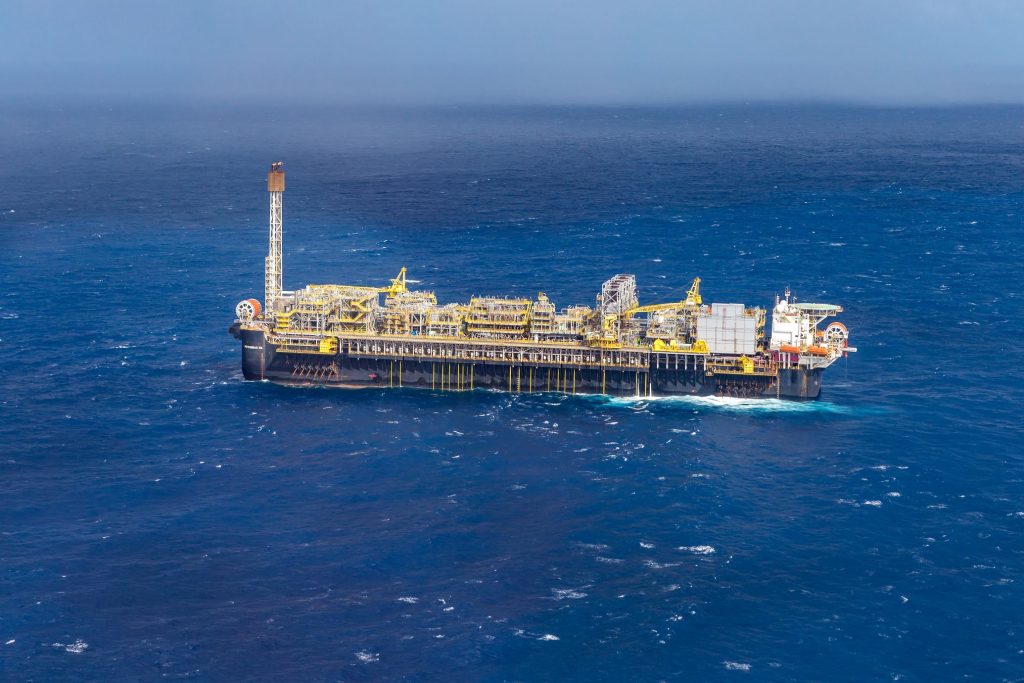São Paulo – After a visit to Brazil during May 15-27, an International Monetary Fund (FMI) staff team released on Tuesday (28) a statement on the country’s economic landscape. The fund revised up its growth forecast for the country’s gross domestic product over the medium term, from 2% to 2.5%, reflecting the implementation of the VAT reform and an acceleration in hydrocarbon production. Investment in green growth opportunities could further boost the country’s economic potential, it said.
The fund says Brazil’s economy has been “remarkably resilient” as inflation has come down over the past two years.

“[Brazil’s] growth is projected to moderate to 2.1 %in 2024 and 2.4% in 2025, from 2.9% in 2023. Inflation is expected to reach 3.7% by end-2024 and converge to the 3% target in the first half of 2026. The current account deficit narrowed in 2023 on the back of a strong trade surplus and was financed by robust FDI,” said the statement, with FDI standing for foreign direct investment.
Read more:
Global economy to grow 3.2%, IMF says
Some reasons supporting Brazil’s resilience, the IMF said, are foreign exchange reserves, low reliance on FX debt, large government cash buffers, and a flexible exchange rate.
Fiscal effort recommended for Brazil’s growth
The IMF pointed out that the authorities’ commitment to improve Brazil’s fiscal position is “welcome”. “To put public debt on a firmly downward path and open space for priority investments, IMF staff recommends a sustained and more ambitious fiscal effort, supported by both revenue and spending measures and an enhanced fiscal framework,” the fund said.
The fund praised the “ambitious sustainable and inclusive growth agenda”, mentioning the Ecological Transformation Plan, with a government commitment to halt illegal deforestation by 2030; a new carbon market framework; and the issuance of the first Global ESG sustainable government bond – ESG meaning environmental, social and corporate governance.
“Given sizable climate financing gaps, we welcome progress in designing instruments to attract longer-term green financing,” the fund added. It also expressed its condolences for the flood calamity in Rio Grande do Sul, whose macroeconomic and fiscal effects, it said, are still uncertain.
Translated by Guilherme Miranda




